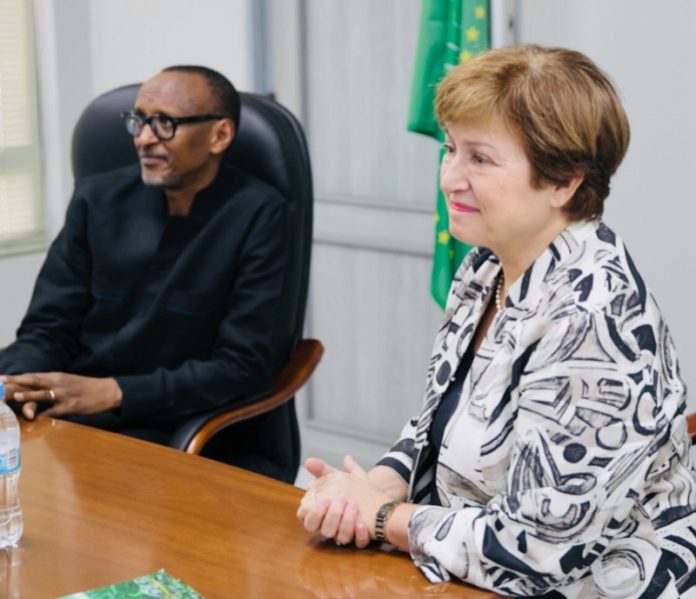
Gender equality is a hot topic in 2020 and there is evidence that it is slowly improving. Research by catalyst.org has revealed that the percentage of women in senior business roles has risen to 29%, which is still far short of 50%, but shows progress is being made. Women have role models like Facebook COO Sheryl Sandberg to look up to and formerly male dominated sectors are seeing women rise – for example XEODesign Inc founder and president Nicole Lazzaro is one of several prominent women in the gaming industry now.
This is all very much focused on countries in the west however, when the most serious disparities in gender equality are in other parts of the world like the Middle East and Africa. While the former remains an area where women’s rights are making little headway, some African countries appear to be taking genuine strides forward. Fifteen years ago, Rwanda made the bold decision to implement a quota system to ensure greater female representation in its politics. The results of this were striking in terms of actual numbers, as 61.3% of the politicians in Rwanda’s parliament are now women. To put some perspective on that: the figure for the UK is 34% and for Germany it is 30.7%.
The rise of women in Rwanda has been fuelled by one of the darkest and most tragic times in the country’s history – the infamous genocide following conflict between the Hutu and the Tutsi in 1994 that decimated the male population of the country. The majority of the six million people left after it ended were female and they had to build a new Rwanda. The disturbing Campaign Against Genocide Museum there tells the harrowing story of murder and rape during that time.
All of this suggests a nation that is emerging from horror towards a brighter and more equal future and Rwanda consistently earns positive headlines for its commitment to gender equality. However some within the country maintain that the large numbers of women in parliament do not always add up to equality for ordinary women living there. Journalist Fred Muvunyi is one who argues that many of these ministers do not have much in the way of real power or influence – often not even controlling the size of their budgets. As an example of the lack of progress in the lives of Rwandan women Muvunyi cites the failure of the female-dominated parliament to increase parental leave beyond its current 12 weeks. These critics argue that the system in Rwanda remains patriarchal and that the women in parliament having to operate within this rather than really challenging it renders the high number of female politicians and all the glowing news stories an example of superficial rather than deep change.
Purely in terms of representation, Rwanda is ahead of most western countries in gender equality but doubts clearly persist about how much impact it is having on the lives of women in the country




























































